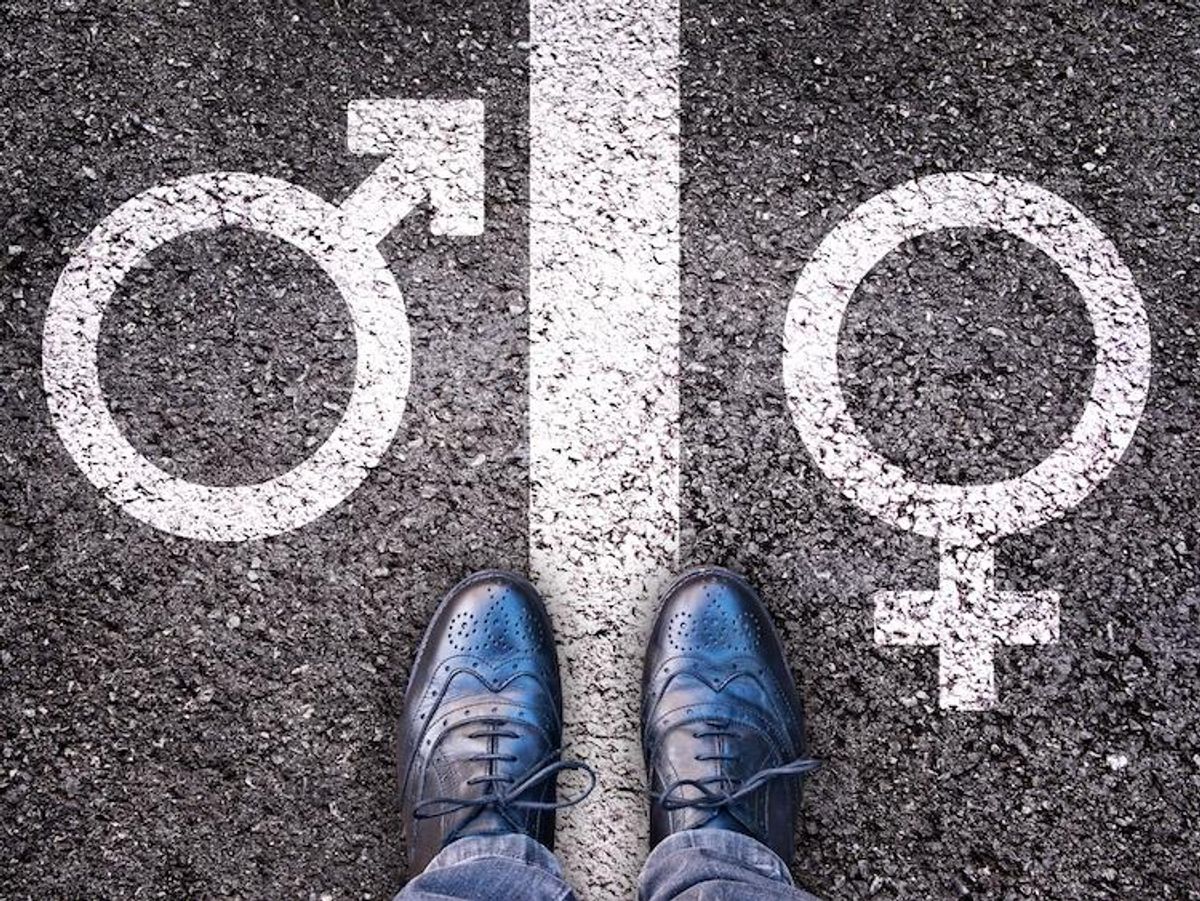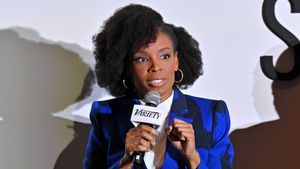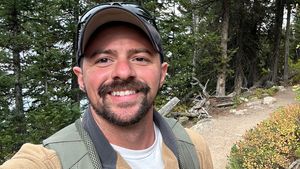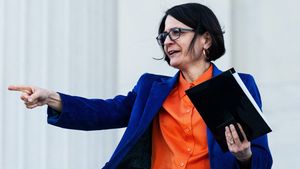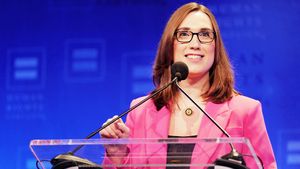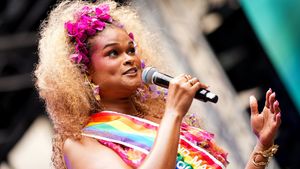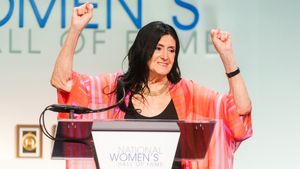Back in the late twentieth century, I wrote a story about a 13-year-old boy who, realizing he's gay, considers killing himself. The story found its way into the world first as a part of a one-person theatre piece, Word of Mouth, before it was made into a short film called Trevor, for which it won an Oscar. The story also inspired the founding of The Trevor Project, the only nationwide suicide prevention and crisis intervention lifeline for lesbian, gay, bisexual, transgender, and questioning (LGBTQ) youth. But at the beginning of the story's evolution, in the late 1980s, I was cautioned against writing about a gay young person. It was too dangerous a topic, I was told. To champion the lives of LGBTQ youth in the midst of the AIDS crisis, I heard repeatedly, was too risky. Had I listened to those voices back then I never would have learned that stories have the power to not only change lives, but also save them.
A year ago, I proposed a young adult novel to a major publishing house about a young person grappling with issues of sexual identity, gender expression, and sexual orientation. My protagonist was a member of an ever-growing population of young people who identify not as LGBTQ but as genderqueer. These are kids who refute the singularity of one gender. To emphasize the point, they refer to themselves in the plural: not "I" or "me" but as "they," "them," and "theirs."
While I saw the emergence of this community of genderqueer kids as a new development in our culture, I also recognized in their struggles something deeply familiar. Through The Trevor Project, I have become all too aware of the challenges young people face and the courage they must summon to truly be themselves in a culture that rewards the heteronormative, and often the gender normative. And I've been inspired by the stories of those who are courageously challenging a boy/girl-centric culture, those who opt to live their original, non-binary life.
Thus, my intention was to write a book that gave voice and respect to this growing community of genderqueer youth; this was, after all, what initially inspired The Trevor Project, and what I have been doing for almost 20 years. As e.e. cummings wrote, "to be nobody but yourself in a world which is doing its best, night and day, to make you everybody else means to fight the hardest battle which any human being can fight." My publisher was excited about the prospect of spotlighting this little-known segment of the population, and so with their blessing (and a nice advance) I was off and running.
A year later, when I turned in the first draft of the book, they indicated that they were having trouble with the way the gender issues were presented. Given the current climate in publishing, in which writing about an experience other than one's own can be interpreted as an act of cultural appropriation, writers and publishers are now wary. "Awkward" was the word they used. Followed by, "Too dangerous in this climate." Perhaps, they asked, I might consider rewriting the book and casting the protagonist as a gay boy who is experimenting with self-presentation rather than one who is genderqueer? I was struck by the fact that this is exactly the kind of insensitivity that young people who do not fit into neat binary categories face everyday of their lives. People want to pigeonhole them as either boy or girl, but when these kids request the use of "they, them, theirs" as their preferred gender pronoun, eyes roll. Parents and teachers bristle and bluster and bruise when a child insists that they identify as neither boy nor girl.
More alarming to me was being told that publishing a novel about a genderqueer person written by someone who is not actually genderqueer was "too dangerous." I reminded them that they had approved the idea for the book, had read several chapters and had been enthusiastic about the work. The situation, I was told, had changed over the past year. It was now, they explained, not possible. Apparently there are too many critics out there, and my publisher wasn't willing to take them on. "They just make it too hard," I was told.
And it is hard. As I walked away from that meeting, I had to ask myself-- Am I out of my depth here? Had I reached too far outside my own experience and somehow got it wrong? It pained me to think that the very people who inspired me to write this book might be offended, might see themselves otherized by my portrayal. I really did wonder, What am I doing?
Art ought to make us stop and question. Art ought to prompt moral confusion, conversation, and participation--for the audience and for the artist, too. Art asks us the hard questions: Who are we? What are we doing to each other? Trying to slip into someone else's experience through writing or acting takes real effort and sensitivity and courage. It requires a leap of faith into the deep and troubled water of community. One only has to look to writers like Mary Shelley (Frankenstein), Virginia Woolf (Orlando), or Tennessee Williams (A Streetcar Named Desire) to understand that creating a character sometimes requires venturing beyond personal experience.
What am I doing? This experience did give me pause. But I am not giving up on my novel. I am not going to be written out of our evolving story. I am diving back in.
The question of cultural appropriation now seems to hang over every work of art and inform every decision: how publishers make and sell books, how they appease the public, how they encourage (or discourage) authors, and how they avoid charges of censorship. And they don't always get it right. If writers cannot be free to imagine themselves beyond themselves, what kinds of stories can they tell about people other than themselves? Some forms of self-censorship, whether by marketing executives or by artists themselves, have always existed. But this recent iteration has been a surprise for many of us who've been involved in the fight for diversity and inclusion. When artists are silenced, something of ourselves is lost. We lose the freedom to dream ourselves into a future that we are just beginning to imagine.
